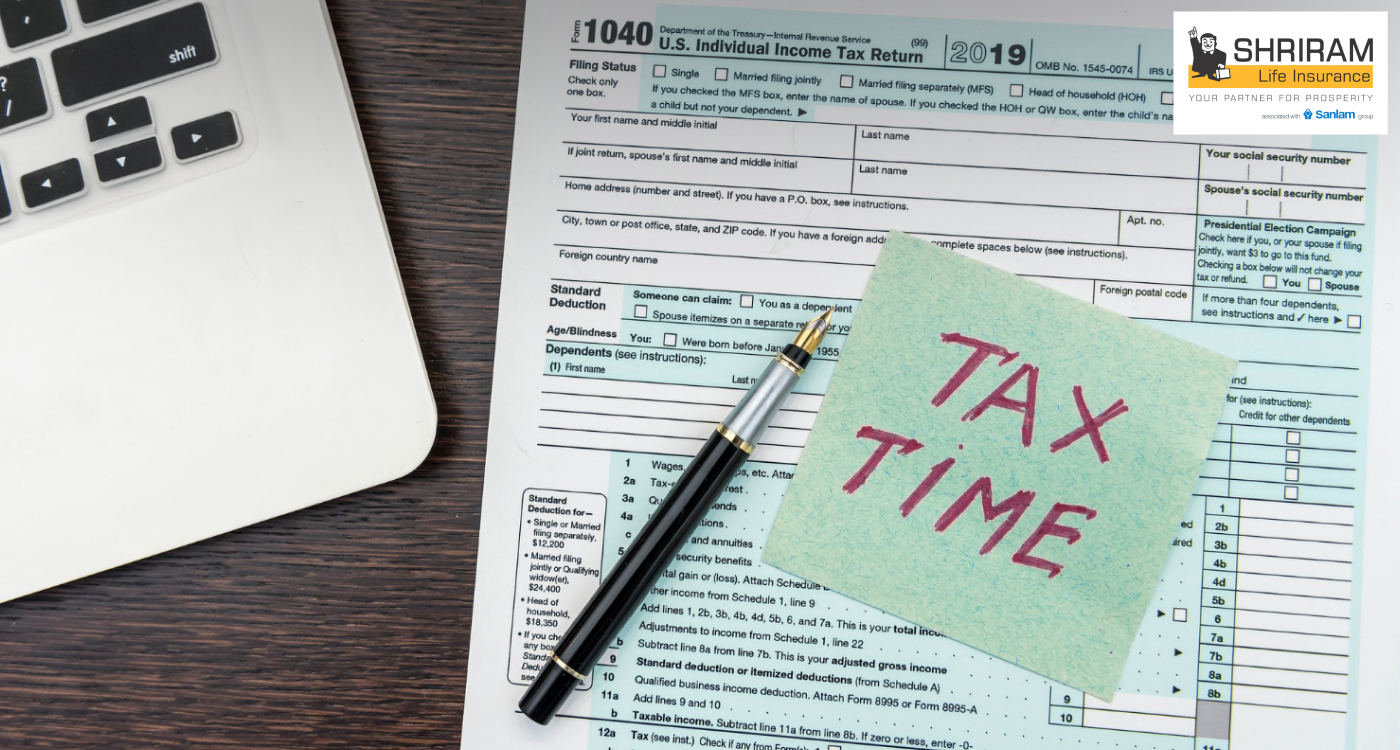Income Tax Notice to Salaried Employees: Reasons, And Types
- Posted On: 09 Oct 2025
- Updated On: 09 Oct 2025
- 464 Views
- 2 min read

Table of Contents
When you receive an income tax notice for salaried employees, the first reaction is often to feel alarmed. But, it doesn’t always mean trouble. Most times, the Income Tax Department just requires clarifications on your tax return.
Knowing what an income tax notice means and what steps to take next can help you keep calm and avoid any penalties. Here, you will learn why salaried employees receive an income tax notice and how to respond smartly on time.
What is an Income Tax Notice?
An income tax notice is typically a message from the Income Tax Department expressing their need to verify or confirm some information for your tax return. Before you jump to conclusions, this doesn’t always mean you’ve messed up. It can also be a reminder, a request for additional details, or some update about your filing.
For instance, you might receive a notice about a mismatch between the income you reported and what your employer or bank has reported, or even if you missed verifying your return. All you need to do is read the notice carefully, understand what it requires, and respond promptly.
Does a Salaried Person Get an Income Tax Notice?
It’s quite common to receive an income tax notice for salaried employees, especially in cases of mismatches, missing information, or errors in filing a return. It’s common to think that if tax is automatically deducted from your salary (TDS), you won’t get any notices. But, this might not always be true.
For instance, you might receive a notice if you miss declaring other sources of income, such as interest from savings account, rental income, or capital gains. It might even happen if your employer makes a reporting error. In such situations, no need to fret; it can be resolved by responding correctly and on time.
Reasons for Income Tax Notices to Salaried Employees
Here are a few reasons why the Income Tax Department sends income tax notices to salaried employees:
- Mismatch in reported income: When the income you reported and the one reported by your source doesn’t match.
- Incorrect tax deductions or exceptions: An error in claiming deductions under sections like 80C, 80D, or HRA.
- Unreported additional income: Income from interest, rent, or freelance work.
- High-value transactions: Financial activities like big investments or property purchases.
- Late or missed return filing: Not filing your income tax on time or failing to verify it after submission.
- Routine Scrutiny: Any routine checks done randomly.
Types of Income Tax Notices to Salaried Employees
Some of the main types of income tax notices for salaried employees include:
- Section 139(9): Your return contains errors or missing details.
- Section 143(1): If discrepancies are found between what you reported and what the department calculated.
- Section 143(2): Your return is picked for detailed scrutiny.
- Section 245: If you have a pending refund or old tax due that can be adjusted.
- Section 148: If there is reason to believe some income is not reported.
Read each report carefully and respond within the deadline to avoid any potential penalties.
Deductions under Chapter VI-A of Income Tax Act
OTP Verification
Please Enter OTP that has been sent to your registered
Mobile Number +91
You may be interested in
People also search for
Our Other Popular Plans




